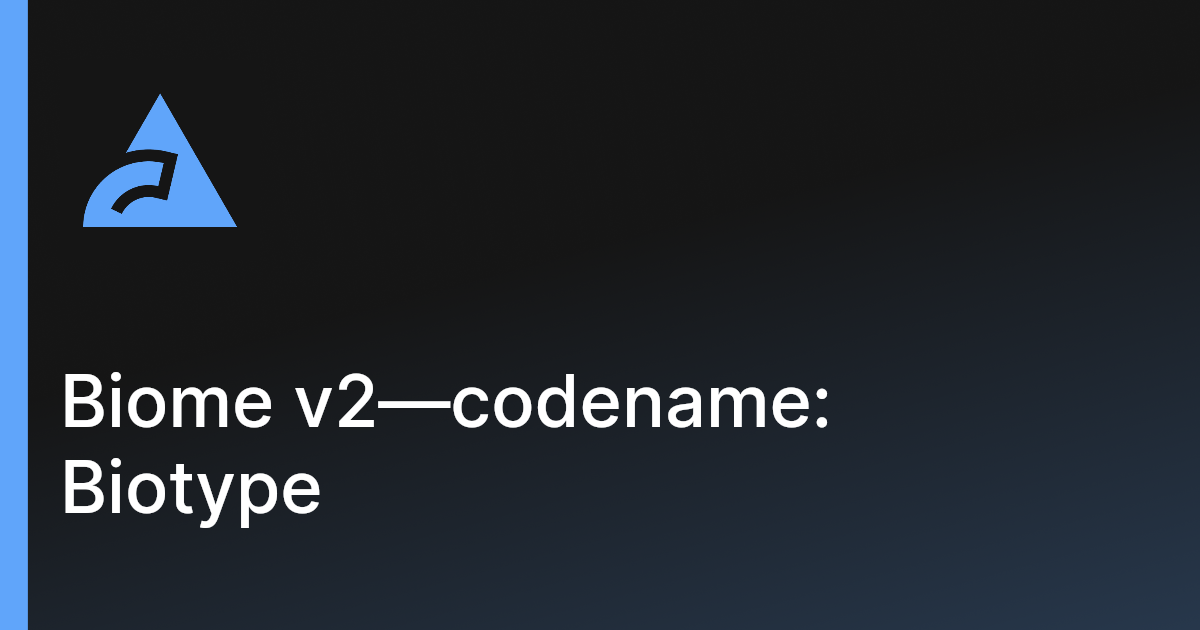

I’m Dutch too, and I used to work 8h/day 4 days a week. And my productivity became even better than when I worked 5 days a week. I could kill it those 4 days, and be rested enough the next week so I could kill it again. It worked wonders.
I like the rhetoric, because it means that my employer got something out of it too. But I don’t think it implies that was the only reason it should be given. I obviously enjoyed the time off for my own reasons.







That’s not just pedantry, that’s unnecessarily narrow-minded. Ever heard of the corrupted heart? According to your definition, that’s an impossibility, unless the heart belongs to someone in authority, or something, I guess.
The point is, there is more than a single interpretation of things, and there is not a singular definition of corruption. Anyone can be corrupted, and giving examples that show that lawlessness permeates every level of society is a great way of showing that corruption is likely endemic in the culture.